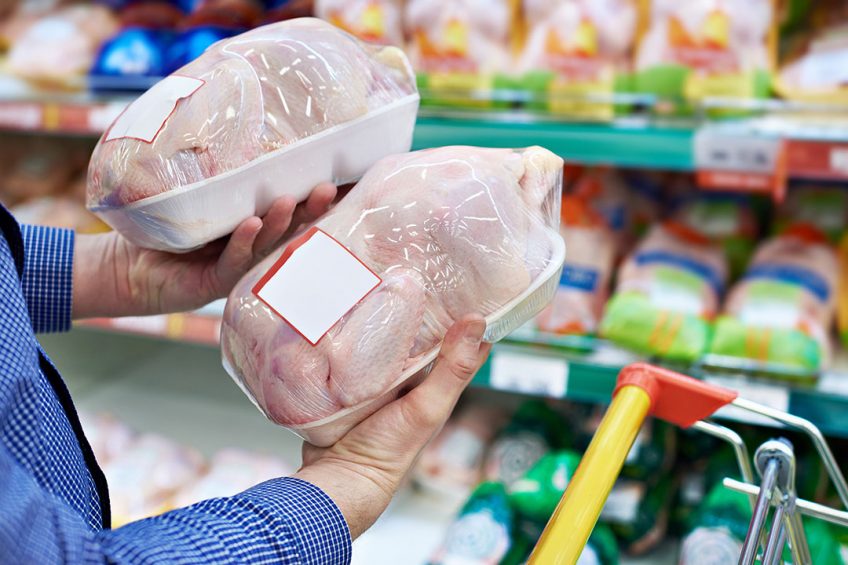US: Poultrymeat recalls up 70% in four years

A consumer affairs group has found a huge rise in the amount of recalled meat in the United States, prompting calls for reform to the country’s food safety framework.
The United States Public Interest Group Education Fund said in a new report recalled meat and poultry in the “most hazardous” category was up 83% when compared with 2013.
Taken in isolation, poultry recalls were up 70%, the report found.
It highlights Foster Poultry Farms, which federal inspectors cited more than 480 times in 2013 for failing to meet food safety standards at three plants in central California.
Those plants were the source of drug-resistant Salmonella outbreak across 29 states and Puerto Rico that sickened 634 people and hospitalised 240.
While the report, entitled How Safe is Our Food, concedes that the rise in recalls in some part reflects increased inspections as a result of food safety legislation passed in 2013, it says more needs to be done to protect consumer health.
The food we nourish our bodies with shouldn’t pose a serious health risk. But systemic failures mean we’re often rolling the dice when we go grocery shopping or eat out,” said Adam Garber, a co-author of the report. “We can prevent serious health risks by using common sense protections from farm to fork.”
In conclusion, the United States Public Interest Group said it recommended a series of improvements that would deliver a “serious boost” to the food safety system.
1. Food Production and testing
- Test water used for irrigation or watering of produce for hazardous pathogens.
- Set health-based bacterial load levels for agriculture watering to prevent contamination.
2. Inspection and monitoring
- Require plants to identify most common pathogens associated with meat and poultry products as hazards likely to occur and address them in their safety plans.
- Establish clear enforcement consequences for recurring violations of food safety protections or plans.
- Update food safety standards at facilities every three years.
- Declare antibiotic-resistant strains of Salmonella as an adulterant in meat and poultry.
3. Traceability
- Improve traceability throughout the food supply chain through network-based tracking technologies.
- Retailers notify consumers that products they may have in their homes are recalled.
4. Recall effectiveness
- Require disclosure of retailers selling products for all Class I and Class II recalls, establish a timeline for release of that information, and include packaged goods.
- Penalize companies who continue to sell products after a recall.
- Develop programs for retailers to directly notify customers about food recalls.
Join 31,000+ subscribers
Subscribe to our newsletter to stay updated about all the need-to-know content in the poultry sector, three times a week. Beheer
Beheer











 WP Admin
WP Admin  Bewerk bericht
Bewerk bericht